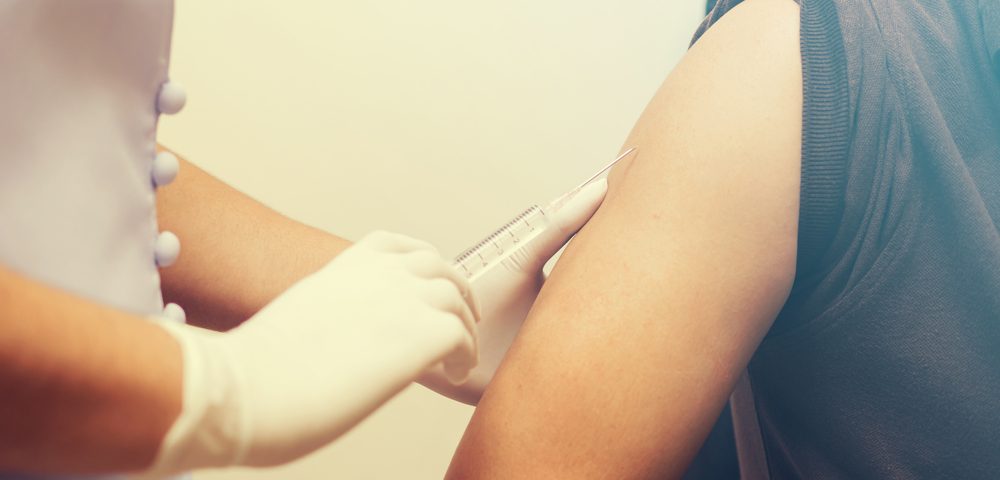A Phase 1 study evaluating the MVI-118 cancer vaccine in patients with metastatic prostate cancer is expanding to a third clinical site, the University of Washington in Seattle.
The trial is studying whether MVI-118 can be used in combination with androgen deprivation therapy (ADT) to delay treatment resistance and prolong disease control in patients whose prostate cancer has spread to other areas of the body. It is already going in two clinical sites, the University of Wisconsin-Madison and the Rutgers Cancer Institute in New Jersey.
“Many patients are reluctant to start chemotherapy treatment, especially if they are feeling well,” Michael Schweizer, MD, principal investigator at the University of Washington School of Medicine, said in a press release. “This study will provide vital information about the safety as well as the clinical and immunologic effects of a novel approach to treatment that may move us toward an effective alternative to chemotherapy for these men.”
MVI-118 is a plasmid DNA, or circular molecule of DNA, that contains the genetic information of the androgen receptor (AR). It is designed to foster constant activation of CD8-positive T-cells to induce potent immune responses against AR-positive cancer cells.
This type of cancer vaccine can be manufactured rapidly, and is more stable in storage than a lot of other vaccines. In addition, the vaccine doesn’t need to be individually engineered for each patient.
“Although commonly referred to as ‘vaccines,’ our products are actually forms of gene-based immunotherapy,” said Richard R. Lesniewski, PhD, president and CEO of MVI. “They are taken up by cells to stimulate specific responses using the body’s natural mechanisms to fight the cancer.”
MVI is developing the vaccine to work in combination with ADT. The idea is that the combination can target the androgen receptor in a dual manner. ADT will deplete the hormone supply that activates AR and drives tumor growth. MVI-118 will limit the use of the remaining hormone by stimulating an immune response against tumor cells that have high levels of the receptor.
Preclinical data has shown that repeated injections of MVI-118 in combination with ADT can generate a strong immune response against the tumor.
The open-label, randomized Phase 1 trial (NCT02411786) is evaluating the safety and effectiveness of MVI-118 in metastatic prostate cancer patients who are starting androgen deprivation therapy. Patients will receive intradermal — or under the skin — injections of MVI-118 every two weeks, until disease progression or unacceptable toxicity.
The study, designed to enroll up to 40 participants, began dosing patients in September 2015.

